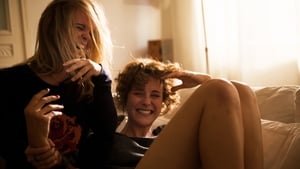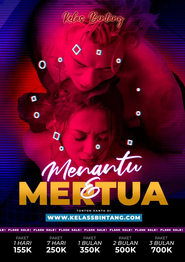“Wetlands,” or “Feuchtgebiete” in German, isn’t your typical feel-good movie. This 2013 film, directed by David Wnendt, dives headfirst into the messy, often taboo-ridden world of teenage sexuality and self-discovery, making it a definite adult movie experience. Based on Charlotte Roche’s controversial novel, the film doesn’t shy away from confronting societal norms around hygiene, body image, and female sexuality, all through the eyes of its unapologetically bold protagonist, Helen Memel.
Helen, played with raw energy by Carla Juri, is an 18-year-old who believes hygiene is drastically overrated. She’s a self-proclaimed mysophiliac, finding a unique form of pleasure in things most would consider unhygienic. Her world is one of challenging boundaries, both for herself and those around her. From using vegetables in unconventional ways to openly discussing bodily functions, Helen thrives on pushing buttons and shattering societal expectations. This isn’t just teenage rebellion; it’s a deep-seated exploration of her own identity and a reaction to a world she perceives as overly sanitized and emotionally sterile.
The film’s narrative kicks into higher gear when a self-inflicted mishap – an overzealous attempt at anal hair removal – lands Helen in the hospital. This seemingly unfortunate incident becomes the backdrop for her attempts to reconcile her divorced, and equally dysfunctional, parents. Her mother, a hygiene-obsessed and emotionally fragile woman, and her insensitive, oblivious father, are both targets of Helen’s manipulative yet ultimately hopeful schemes. Adding to the mix is a budding romance with a handsome nurse, Robin, who is dealing with his own relationship baggage. Their connection is unexpected, raw, and unfolds amidst the sterile environment of the hospital, offering moments of genuine tenderness amidst the film’s overall provocative nature.
While the film doesn’t shy away from explicit content and steamy scenes that firmly place it in adult movie territory, it’s not shock value for its own sake. “Wetlands” subtly peels back the layers of Helen’s outrageous behavior, hinting at a deeper trauma. A flashback reveals a childhood incident involving her mother’s attempted suicide, casting a shadow over Helen’s present actions and offering a glimpse into the origins of her unconventional coping mechanisms. This underlying vulnerability adds a surprising emotional depth to what might initially appear as purely provocative.



























